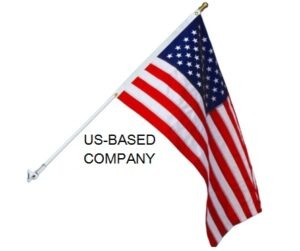Discussion Board for Philosophy
Thread 1: Distance and Concealment
According to Timothy Pachirat (and Norbert Elias, from whom Pachirat draws a lot of his theoretical inspiration), what is the relationship between distance, concealment, and the process of civilization?
How is the relationship between the “civilizing process” and concealment illustrated in the design of the slaughterhouse?
Can you give some other examples that illustrate the relationship between concealment and civilization?
A slaughterhouse is not just a technological system. It also is an embodiment of social values and power relations. What values and power relations are embodied in the design of the slaughterhouse that conceals its inner workings from public view and which conceals from the workers themselves other parts of the production process?
What are some moral concerns that arise when we consider this relationship between concealment and civilization and how these dual processes are embodied in various technologies, including the slaughterhouse?
Thread 2: Animal Suffering and Animal Rights
This may seem a bit off topic for an engineering ethics course, but I am curious about your thoughts concerning the morality of allowing animals to suffer.
Do animals have rights? Why or why not?
If animals have rights, does causing animals to suffer violate those rights? Why or why not?
Who is morally responsible for this suffering? Those who directly cause this suffering? Those who design the systems and technologies that inflict this suffering? Those of us who, from a distance, benefit from the suffering of animals?
Does an engineer who designs technologies that cause suffering to animals have a moral responsibility to minimize or eliminate this suffering?
Thread 3: Unconcealment
In chapter 9, entitled “A Politics of Sight,” Pachirat draws on the science fiction novelist Ursula Le Guin to consider a world in which concealment and distance are eliminated. In the anarchist society that Ursula Le Guin imagines in her book The Dispossessed, the inner workings of factories are open to public view. All work, and the process of government itself, are at all moments completely visible to the public.
What is the moral motivation behind making concealed processes, such as labor and governance, visible? Do you agree that the concealment of now hidden processes would be desirable? Why or why not? If you agree, what specific social processes do you think should be made visible to the public?
If the inner workings of the slaughterhouse were not hidden and concealed, how would things be different? Would things be better?
What other hidden processes could be redesigned to be more transparent? Should they be redesigned?
The author suggests that a politics and design of total unconcealment might backfire. How so?






